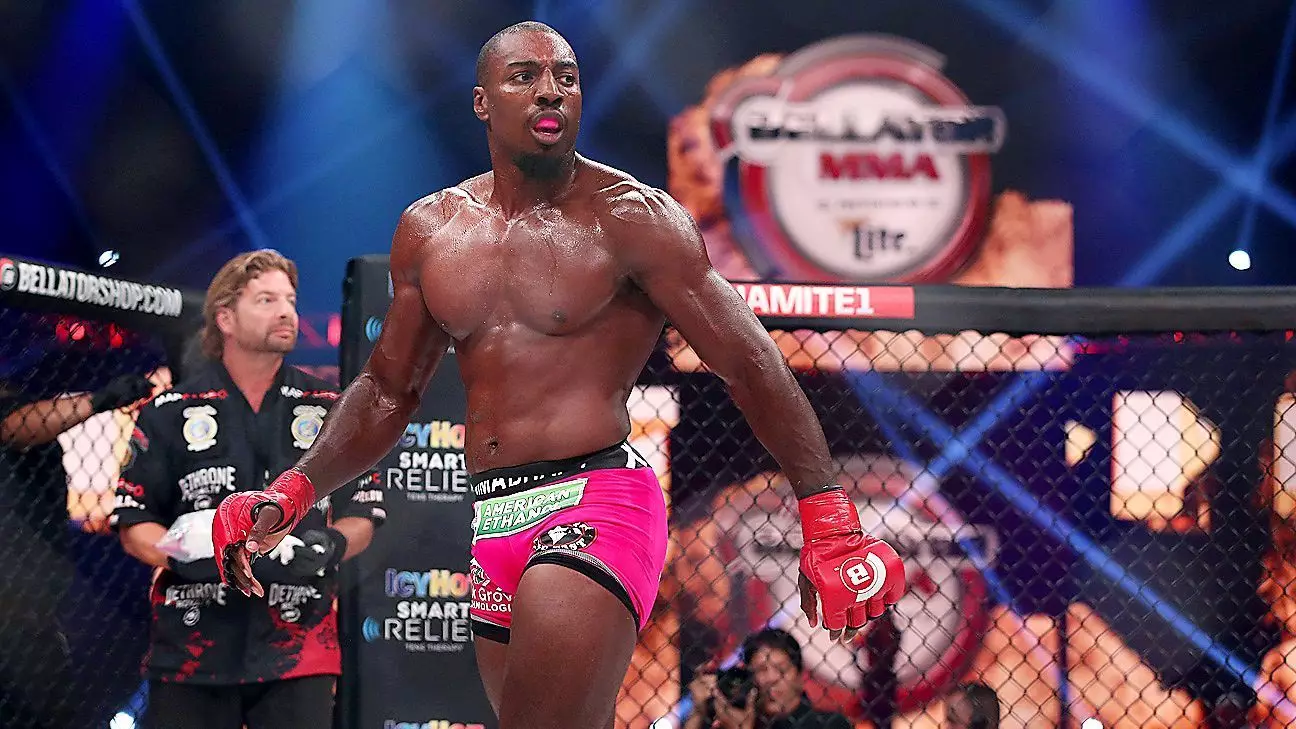Mixed martial arts (MMA) has become a multibillion-dollar industry, but at what cost to the athletes who fuel its rise? Veteran fighter Phil Davis has recently intensified the fight for the rights of competitors by filing an antitrust lawsuit against the UFC, claiming that the promotion has created an unfair marketplace that stifles the potential earnings and opportunities for fighters across the industry. By limiting the competitive landscape, the UFC appears to prioritize its own dominance over the well-being of those who risk their health and careers in the octagon.
With notable legal representation from Berger Montague, the same firm that successfully settled a $375 million class-action lawsuit against the UFC, Davis is taking a bold step that reflects the frustrations of many fighters who find themselves trapped in a restrictive system. The original class-action suit, which spanned from 2010 to 2017, revealed deep-rooted issues in how fighters are compensated and treated by the UFC. Yet, despite this precedent, the current lawsuit highlights that further action is not just necessary but urgent.
Aspirations Derailed by Market Manipulation
The allegations present a stark reality: The lawsuit contends that even fighters who are not actively signed to UFC contracts face challenges securing fair wages due to the company’s monopolistic tactics. The legal team representing Davis argues that the UFC actively undermines potential competitors, preventing them from attracting the “critical mass” of high-caliber fighters required to establish a viable alternative to the promotion.
This predatory scheme not only fosters UFC supremacy but also marginalizes the careers of professional fighters outside of its roster. Davis states, “I am proud to stand up for professional MMA fighters to unlock the UFC’s stranglehold on the entire sport.” His stance resonates powerfully within a community that has seen many talented athletes struggle for visibility and fair compensation.
Reimagining Fighter Contracts
One of the pivotal aspects of Davis’ suit is the demand for changes in how promotional contracts are structured. Currently, these contracts bind fighters to extended terms based on the number of fights, leading to situations where fighters are effectively locked in without clear pathways to exit. The proposed modification would allow fighters to terminate contracts without penalties after just one year, thus granting them the freedom necessary to pursue opportunities where their skills would be better recognized and rewarded.
The UFC’s silence on the matter speaks volumes about its potential unease with ongoing litigation and the growing scrutiny of its policies. The veil is lifting, and athletes like Davis are leading the charge toward a future where MMA is not solely dominated by one promotion.
A New Era of Fighter Empowerment
In this evolving landscape, Phil Davis embodies the fight for fairness and equity in MMA. As more fighters begin to stand up against what they perceive to be systemic issues within the UFC, the entire sport may eventually witness significant shifts that redefine not just the business, but also the treatment of its athletes. If Davis and others succeed, they could pave the way for a more transparent, competitive, and just environment in mixed martial arts—one that honors the spirit of the sport and the dedication of its fighters.


Leave a Reply